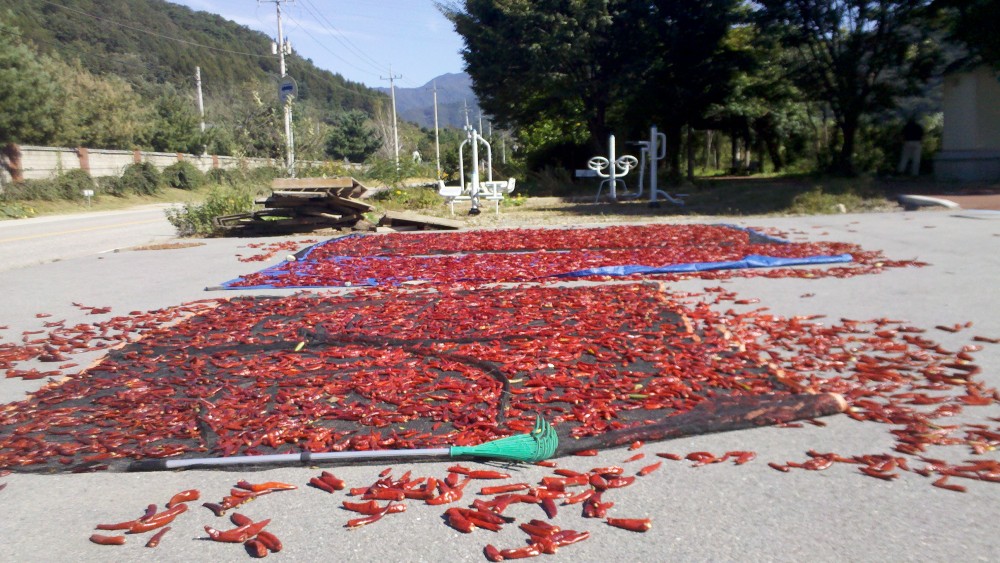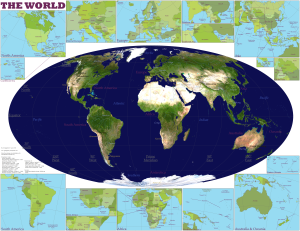There are few things better than a good map of the world. As a kid I would remember poring over world and regional maps and atlases. A National Geographic map of the world, political edition, was the one hanging in my room and I’ve kept the map for almost 30 years. Curiously I’ve kept the physical map of the world for the same amount of time, but I don’t think I ever put it up. If putting up a map and spending your time examining it is indicative of a budding geographer, I’m sure that my preference for the “political map,” that is cities, capitals, boundaries, and administrative areas, is indicative of a future human geographer. One of these days I’m going to have to force myself to write a post just on physical geography. Stayed tuned!
Truthfully, I’m in an ivory tower (but since I’m not a professor, let’s call it a wooden keep) myself. I routinely forget that not everyone I meet has four years of undergraduate and three years of graduate study in Geography. This a perceptual problem, a particularly big one when dealing with a culture that remains aloof of maps, as Catholicgauze over at Geographic Travels pointed out in organized, but “unofficial,” survey of inauguration attendees. While I can’t make anyone read a map, I offer the below map to stoke the ember of curiosity embedded in all of us. Curiosity is often driven by the belief that something is different, but as I have found, things are fundamentally the same no matter what place you find yourself. Only the facades are the difference.
About a year ago I stumbled upon a way to organize geographic knowledge and education, there are a number of ways to tweak it but its a start. We all begin with geographic data, answering the questions what is it? and where is it? What’s the capital of Belarus and locate it on a map! This post is about geographic data, below is Z Geography’s human and physical map of the world. Countries and territories across the continents with most regions broken into several insets to facilitate the identification of countries and their relative locations with one another. The next stage is the development of geographic information, its about understanding why Minsk is located where it is in Belarus. Its about understanding what else is in Minsk or co-located with it. Why are most Belarusians Orthodox, like Russians, and not Catholic, like the Poles? Poland and Russia both border the country. Finally there is the attainment of geographic knowledge, how does this geographic information, Belarus being primarily Russian Orthodox affect its people? How does it affect its relationship with Poland, with Russia? Does this religious relationship reflect a wider cultural affinity between “Belarusians” and “Russians”?
This week, I offer you two maps. The first is Z Geography’s human and physical map of the world. Download it, save it, print it (but its a bit large so maybe don’t print!), and enjoy it. The second map is conceptual, poke that ember of curiosity as you look over the map. Take yourself from gathering geographic data to developing geographic knowledge to generating knowledge.


